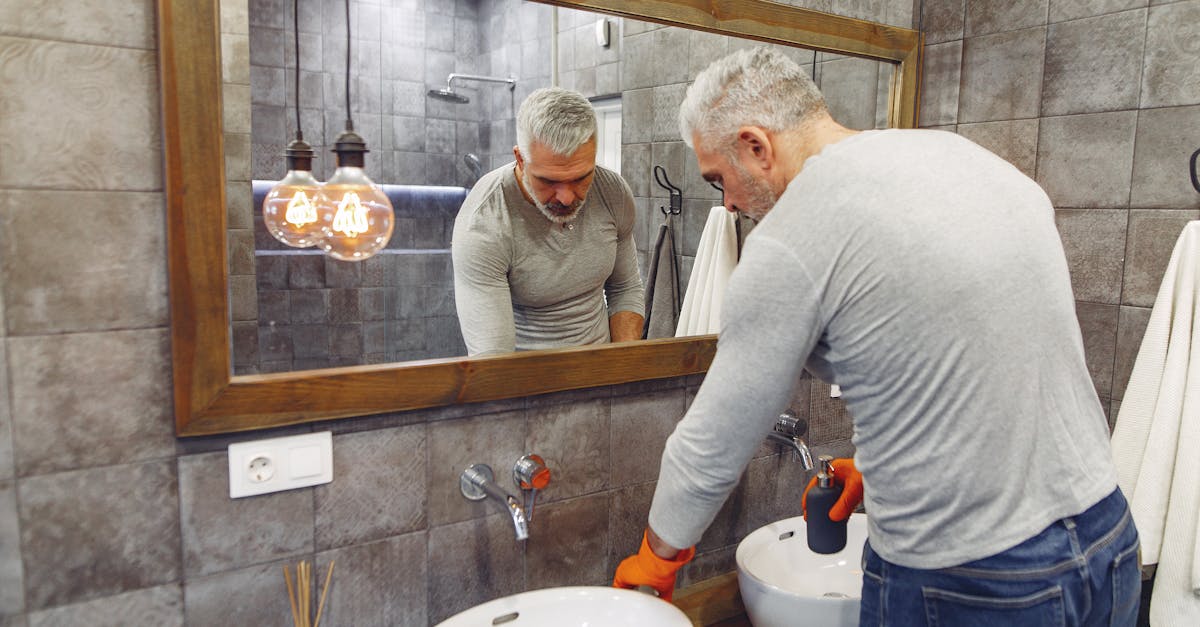Understanding Baby CPR: A Lifesaving Skill
Becoming a parent is thrilling, but it can also be scary. One skill every parent needs is baby CPR. Picture this: you’re enjoying a peaceful evening with your baby, and suddenly, something feels off. Learning CPR can save your baby’s life in such moments. Remember, gentle chest compressions and rescue breaths are key. And don’t stress about being perfect—just act quickly and calmly because any effort is better than none. So, make sure to take a baby CPR class. It’s an invaluable gift for your little one.

Dealing with Choking: Do’s and Don’ts
Choking is a common fear for parents. Who wouldn’t be anxious about introducing solids? If your baby chokes, avoid the temptation to reach into their mouth. Instead, use back blows and chest thrusts to dislodge the object. Keep meals calm and always supervise. It’s the perfect time to practice mindfulness!
Besides, eating isn’t a race. Creating a relaxed eating environment helps prevent choking hazards and makes mealtime more enjoyable for everyone.

Managing Fevers and When to Seek Help
Fevers are inevitable, but knowing when to worry is crucial. If your baby’s temperature is above 100.4°F, it’s a fever. First, stay cool—literally. Dress your baby in light clothing and keep their room at a comfortable temperature. An infant’s fever can be worrisome, but fevers often help the body fight infections. Encourage fluids, and use fever-reducing meds if advised by a doctor. Call your pediatrician if the fever persists or your baby shows unusual symptoms.

Remember: It’s important to monitor your baby’s temperature and symptoms closely. Seek medical advice when in doubt.
Handling Cuts and Scrapes Like a Pro
Babies are explorers, and sometimes they get hurt. Don’t panic. For cuts and scrapes:
- Clean the area with mild soap and water.
- Apply an antibiotic ointment to prevent infection.
- Cover it with a bandage.
If the cut is deep or won’t stop bleeding, seek medical assistance. It’s also essential to:
- Baby-proof your home to minimize accidents.
- Secure sharp objects.
- Keep hazardous items out of reach to maintain a safe environment.
Remember: Safety first! ( )

Understanding Allergic Reactions and Epipen Use
Allergic reactions in babies can be alarming. Symptoms might include hives, swelling, or difficulty breathing. Keep an Epipen handy if your baby has known allergies. Administer it in the outer thigh while holding the leg steady. After using an Epipen, seek emergency medical help immediately. It’s essential to introduce new foods one at a time and in small amounts. This way, you can monitor your baby for any adverse reactions.

Remember, quick and correct administration of an Epipen can be life-saving during severe allergic reactions. Stay vigilant and prepared to handle any unexpected situation when it comes to allergies in babies.
Staying Calm During Emergencies
In emergencies, staying calm is crucial. Babies pick up on our stress. Take deep breaths and assess the situation. Have emergency numbers easily accessible and know the route to the nearest hospital. Consider taking a first-aid course to boost your confidence. Remember, you are your baby’s hero. Preparing for emergencies doesn’t make you paranoid; it makes you proactive.

Remember, being prepared is key to handling emergencies effectively and protecting your loved ones. Stay calm, stay informed, and be ready to take action when needed!
